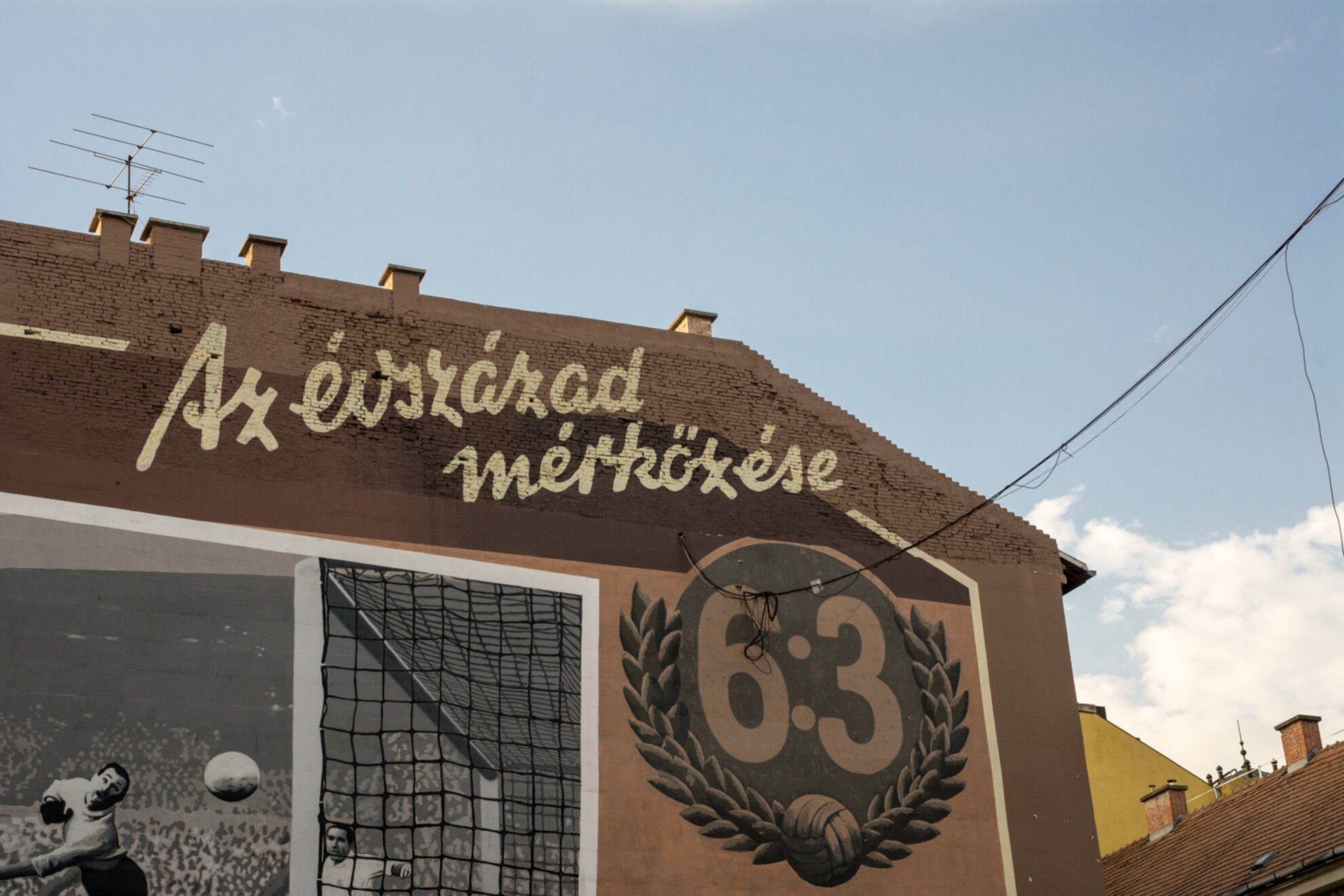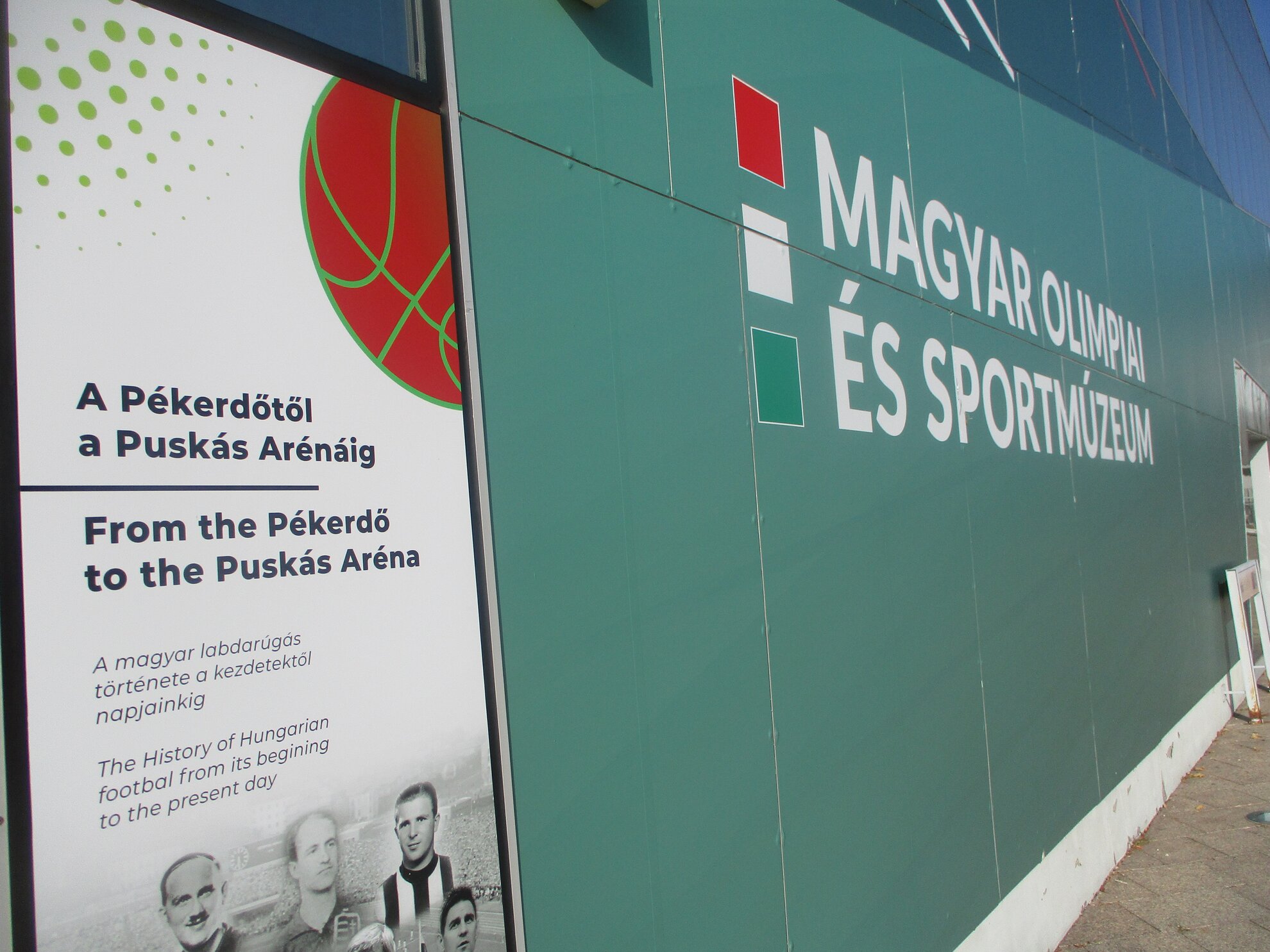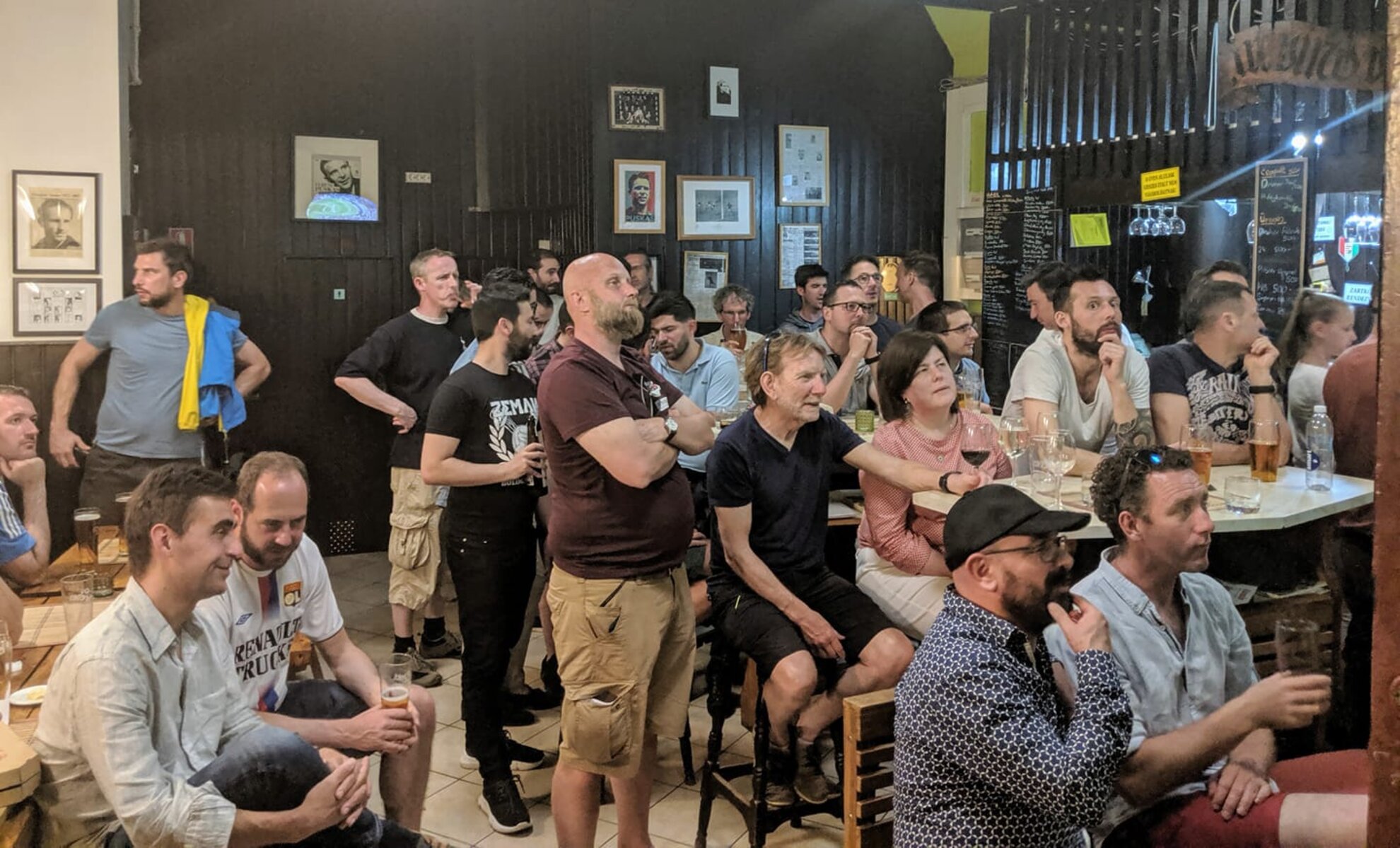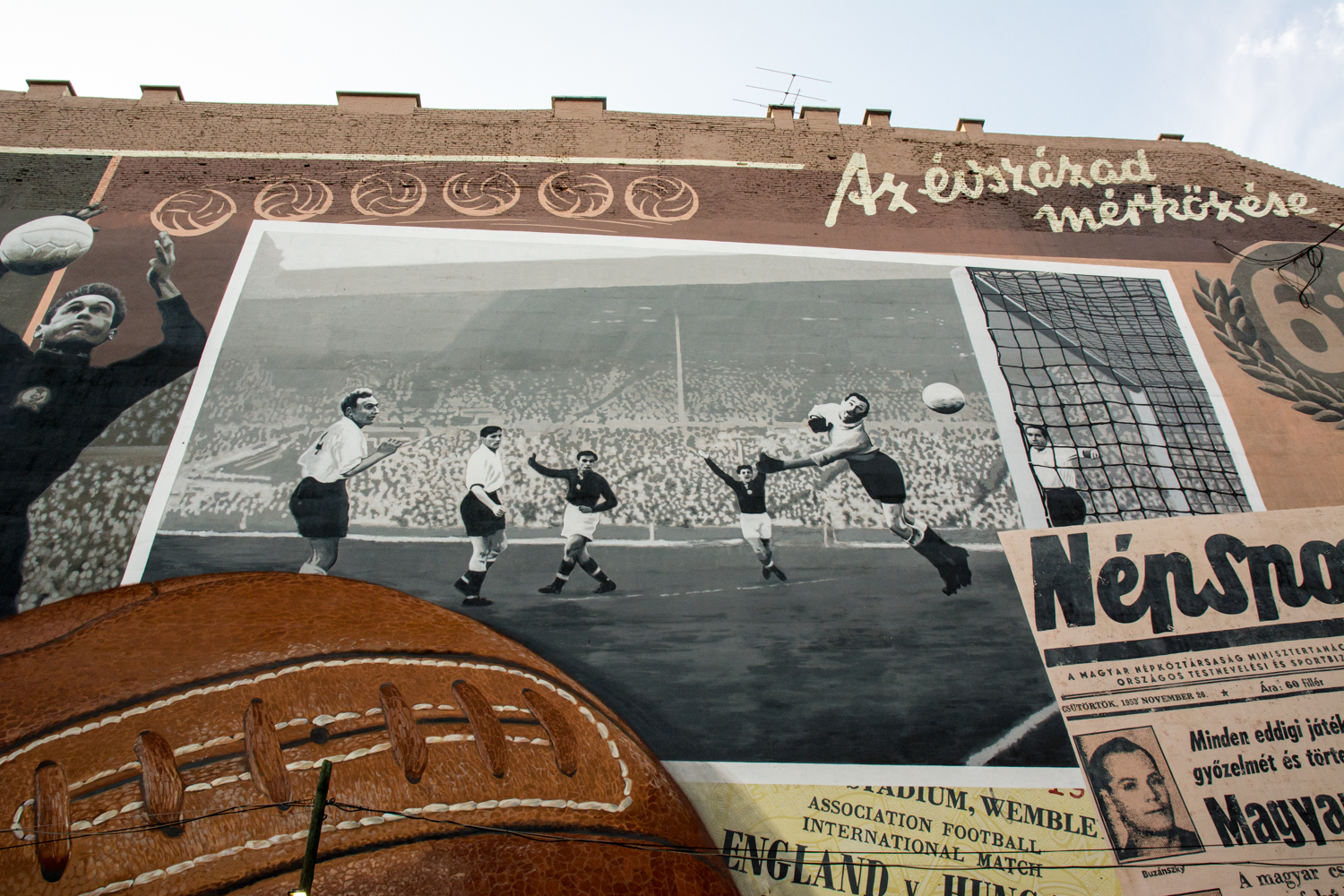On this day in 1953, arguably the most famous match in football history took place in London between triumphant visitors Hungary and hosts England. The outcome was the iconic score of 6-3 but the consequences of what happened on this misty November afternoon nearly 70 years ago were more profound, enshrining in legend a Hungarian team considered one of the finest to step onto the field of play.

Although all members of what Hungarians call their Golden Team, the aranycsapat, have passed away, in
circumstances ranging from a strange suicide in a Barcelona hospital to a grand
state funeral at St Stephen’s Basilica, the stature of their achievement lives
long.
Star player Ferenc Puskás remains an iconic figure decades later, his
image sold on T-shirts in souvenir shops, his name used for a sports bar in
Óbuda where a statue and square have been created in his honour.

For generations, the game has linked the two opponents on the football field that day. At the excellent Hungarian Olympic & Sport Museum alongside the Puskás Aréna – the stadium rebuilt from the original Népstadion of Golden Team lore – displays on the ground floor relate to past matches between Hungary and England.
The facts speak for themselves. Among the many myths surrounding the game, one is that a balcony in Budapest collapsed when people gathered around a radio set were celebrating one of the six goals.
This commentary (‘Gól! Góóóól! Gól!') was provided by the equally legendary György Szepesi, the emotion and significance of the occasion best evoked by the popular Hungarian film 6:3, avagy játszd újra Tutti (‘6:3 Play it Again Tutti’), set on this very day in 1953, with a little time travel thrown in.
It's an anniversary always celebrated at the 6:3 bar, of course. In 2019, the team invited Guardian football expert Jonathan Wilson to give a talk about the tactical significance of what is known as the Match of the Century.

For all its groundbreaking magnitude, the game had no trophy riding on it. It was a friendly international, between a Hungarian team that had not lost since 1950 and an England one thought invincible at home.
Little was known about Hungary, hidden behind the Iron Curtain, the Stalinist era long yet to thaw, the Soviet leader given a state funeral only months before.
Hungary’s
team was mainly comprised of players mainly based at one club, Honvéd, which
represented the Hungarian Army. Their familiarity with each other, playing together
week after week instead of every few months as national sides do, gave Hungary
a clear advantage.
Ferenc Puskás and József Bozsik, star player and captain
respectively, had grown up several houses apart in Kispest, the original name
and location of the Honvéd team.
The flexible tactics deployed by Hungary, using Nándor Hidegkuti as a deep-lying forward, while England were stubbornly rooted in traditional positions, were another main factor.
Before 100,000 Wembley spectators, behatted to a man, it took Hidegkuti 45 seconds to score. He then outfoxed the static English defence, move after move after move, for the remaining 90 minutes. Centre-forwards weren’t meant to do that.
Goal #3 is the most celebrated, the Puskás dragback on 24 minutes. His later lifelong friend, England captain Billy Wright, was famously described as ‘a fire engine running to the wrong fire’ as the Kispest urchin magically made the ball disappear with a lightning-quick sleight of left foot. But what created the chance was Puskás switching flanks with Zoltán Czibor. England simply didn’t know whom to mark.

On the radio commentary, Szepesi laughs as Puskás kisses an England player on the cheek when making his way back to the centre-circle, immortality achieved in one swift dragback.
After their status-smashing 6-3 grand slam, the Hungarians returned home in triumph. Six months later, the Hungarians would beat England 7-1 in Budapest but lose the World Cup weeks afterwards. It is said that the protests that broke out around the capital were a prelude to the demonstrations that led to the Hungarian Uprising of 1956. Afterwards, key players, including Puskás, defected to the West, to find global fame in Spain.
But that’s another story.
Venue information
6:3 Borozó
1093
Budapest, Lónyay utca 62
Tram 2, 4/6
to Boráros tér
Open: Mon-Thur & Sun 2pm-11pm, Fri-Sat 2pm-midnight




